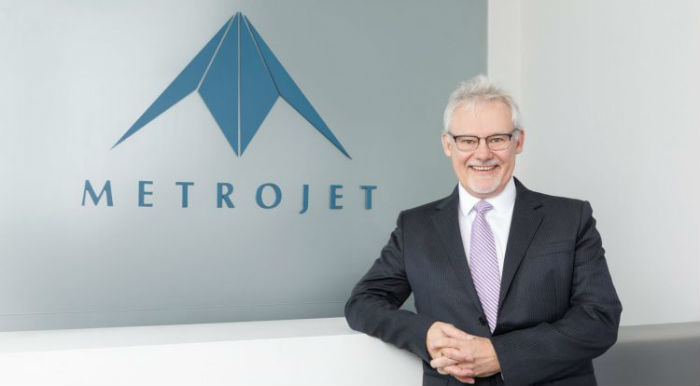New Metrojet CEO to focus on controlled growth

Gary Dolski
Gary Dolski, the new CEO of Metrojet, says that the company will focus on controlled growth going forward.
Dolski (pictured) joined Metrojet earlier in 2017 as the managing director of its aircraft management division, having previously been the vice president for West Coast operations at Jet Aviation. He has replaced Björn Näf, who will return to Europe to pursue new projects.
Corporate Jet Investor caught up with Dolski by email, and asked him three short questions:
CJI: The size of Metrojet’s fleet has fallen in the last few years. Are you looking to grow it? Does the size of the fleet matter?
Dolski: Metrojet’s fleet size has reduced, as have a few of the other management companies in the region. A few years ago there were only five management companies and now there are over 25 companies vying for business, and this has had an obvious impact. We are now focusing on controlled growth of our business and my philosophy is that we do not have to be the biggest, just the best. There are customers that have different price points and requirements and we will serve that portion of the market that fits with the level of service and standards that we aim to support. Safety and quality remain of paramount importance in our business, and and there is a definite cost associated with maintaining these standards to the highest level.
CJI: Metrojet is active in lots of different regions as well as Hong Kong – are you particularly enthusiastic about others?
Dolski: On the MRO side, we are active in Hong Kong, Clark in the Philippines and Zhuhai in China. We see great potential in Clark, based on location, cost base and human capital availability.
On the aircraft management and charter side of the business, we are active in Hong Kong and have staff based in Singapore and Beijing. We are actively pursuing an AOC in China.
Our focus will remain on the South East Asia region and China on both of our lines of business. China will play a large part in our future and two of Metrojet’s strongest qualities are having the Kadoorie family backing and our long-term approach to business, which enables us to set a proper foundation to build our business on.
CJI: How have you culturally found the move from Jet – part of General Dynamics, a listed huge corporate – to a family-owned business?
Dolski: The transition has been surprisingly enjoyable and seamless. I have worked most of my career in large corporate environments, including Bristol Aerospace (originally part of the Rolls-Royce Group), Bombardier and Jet Aviation. Bombardier and Jet Aviation (General Dynamics) provided a very good transition as both companies started as family businesses and maintained this core sense of values while combining the structure and rigour of a large corporation.
Within Metrojet, there is a very defined and proper structure in terms of budgets, business cases, strategic plans, etc. However, the benefit of being part of the Kadoorie Group is very much having the ability to meet any member of the board or, for that matter, Sir Michael Kadoorie himself on a daily/weekly basis and have a discussion and make a decision on the spot if required.








